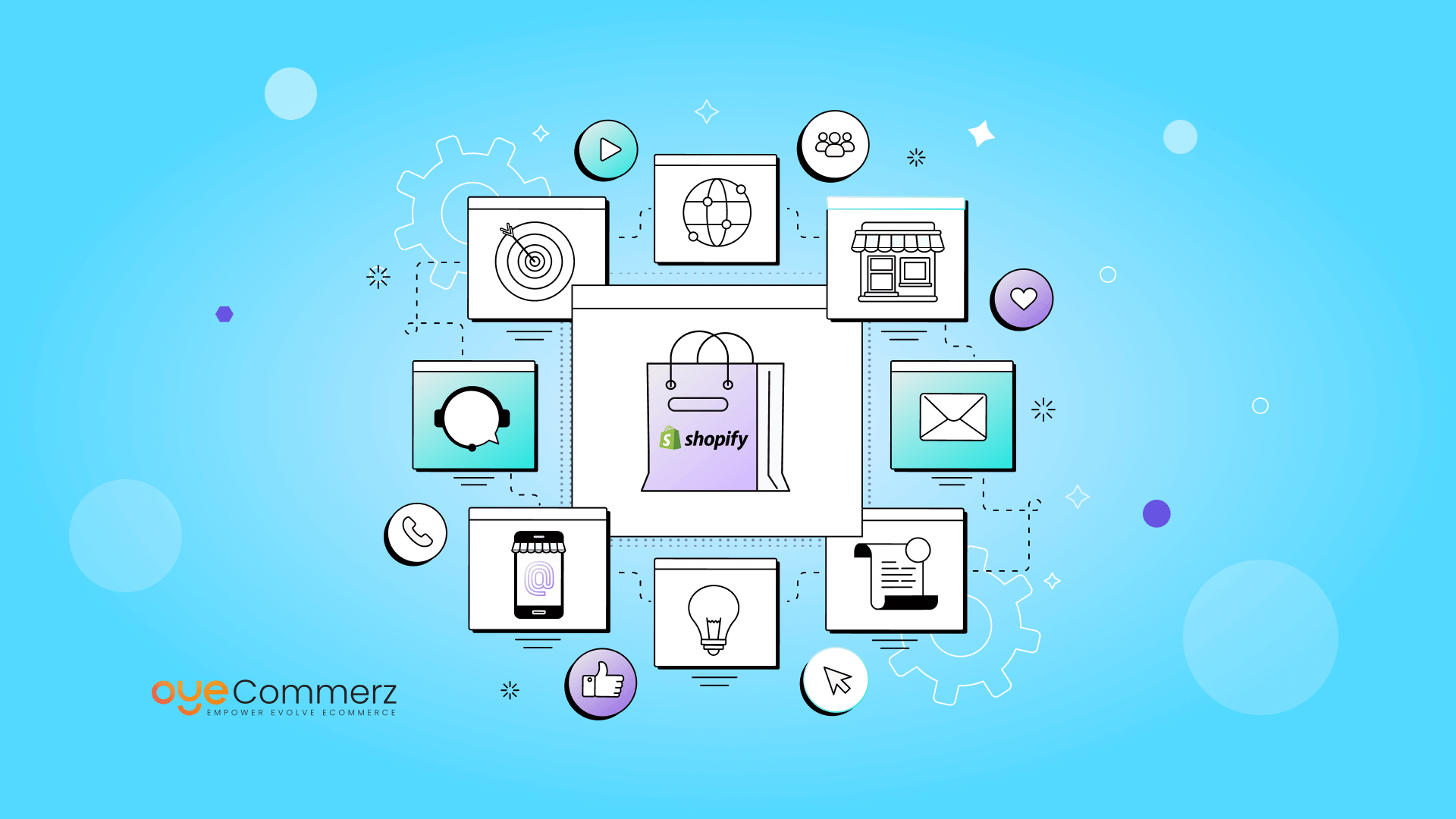Overview
In the current cutthroat e-commerce landscape, differentiating is paramount, and a top method to differentiate a Shopify store is through custom app creation. A well-built Shopify app can boost store functionality, simplify processes, and elevate customer interaction. This article explores key elements of Shopify app development, from API integration to growth techniques and digital marketing approaches, providing a roadmap for companies seeking unmatched store performance.
Why Shopify API Integration Matters
Shopify’s API offers robust tools to customize and extend store functionalities. With GraphQL and REST APIs, developers can access data to create apps that handle inventory management, order processing, and customer data management seamlessly. Integrating Shopify’s API can enable improved workflow automation and enables stores to assist shoppers more efficiently.
Utilizing the Polaris Design System
Shopify’s Polaris is Shopify's design system for designing intuitive and accessible Shopify apps. By adhering to Polaris guidelines, developers guarantee that apps seamlessly integrate within the Shopify Admin experience. This provides a cohesive look and feel that appeals to Shopify merchants, encouraging ease of use and familiarity for merchants using your tailored app.
Navigating the Shopify App Ecosystem
The Shopify app ecosystem provides numerous opportunities for improving online stores. From handling order fulfillment to increasing customer interaction, apps in this ecosystem are designed to meet various business needs. Learning about this system helps developers in identifying unique app ideas and allows for seamless integration of external tools that enhance the store.
Building Embedded Shopify Apps
Embedded apps work seamlessly within the Shopify Admin, providing a smooth interface for merchants. They ensure that merchants don’t have to leave their Shopify dashboard, streamlining their workflow. Employing Shopify App Bridge and Shopify data synchronization with webhooks embedded app capabilities is recommended for providing a cohesive, well-integrated user experience.
Leveraging Node.js and React for Shopify Development
The technologies Node.js and React have emerged as ideal tools for Shopify app creation. This server-side framework enables high-performance back-end services, while React allows for interactive and adaptive front-end design. Combined, they provide an excellent platform for building fast, growth-ready Shopify apps that enhance store performance and customer interaction.
Utilizing Webhooks in Shopify Development
Webhooks enable instant data synchronization between Shopify and an external app. They initiate events such as new orders or inventory updates and send instant notifications to your app. By implementing webhooks, apps can provide up-to-date information to store owners, streamlining workflows and boosting productivity.
Engaging Customers Through Digital Marketing for Shopify Apps
To ensure Shopify app success, connecting with users is crucial. Using digital marketing strategies like SEO, email marketing, and social media campaigns can drive app adoption. Additionally, designing apps with customer engagement in mind (e.g., loyalty programs or personalized recommendations) boosts user loyalty and loyalty.
Scaling Your Shopify App
As e-commerce businesses grow, so do their technological needs. Making sure that your app can manage increased traffic, larger databases, and more advanced functionalities is essential. By optimizing server resources and using scalable technologies, you can develop apps that grow in tandem with a store’s growth.
Important Features and Maintenance Tips for Shopify Apps
For an app to be useful, it should include essential features like user login, analytics dashboard, and customer support options. Custom app solutions for Shopify Regular app upkeep, including updates to fix bugs and compatibility checks with new Shopify features, is important to ensure uninterrupted performance and avoid interruptions to business processes.
Conclusion
Custom Shopify app development holds vast potential for e-commerce businesses, providing the chance to enhance store functionality, simplify operations, and foster customer loyalty. With API integrations and Node.js to ensuring scalability and customer engagement, building a Shopify app requires thoughtful preparation and well-planned actions. If you’re ready to elevate your e-commerce experience, a tailored Shopify application may be the perfect choice. What capabilities do you see for your ideal app? Share your ideas and begin the journey to an enhanced e-commerce experience!
